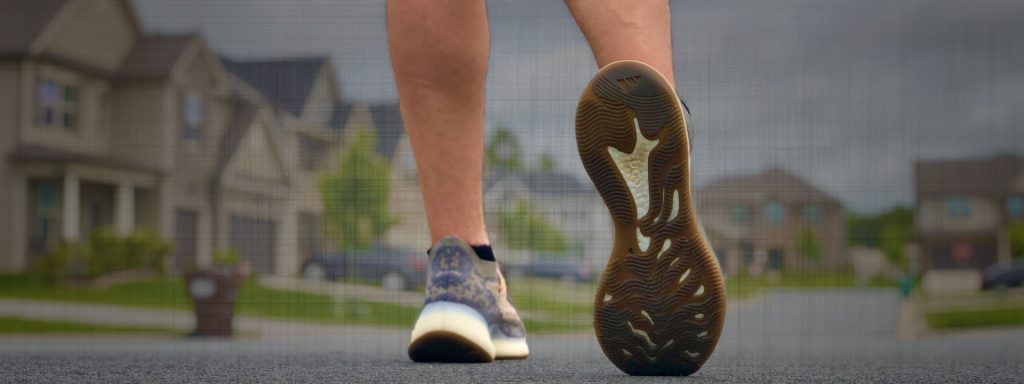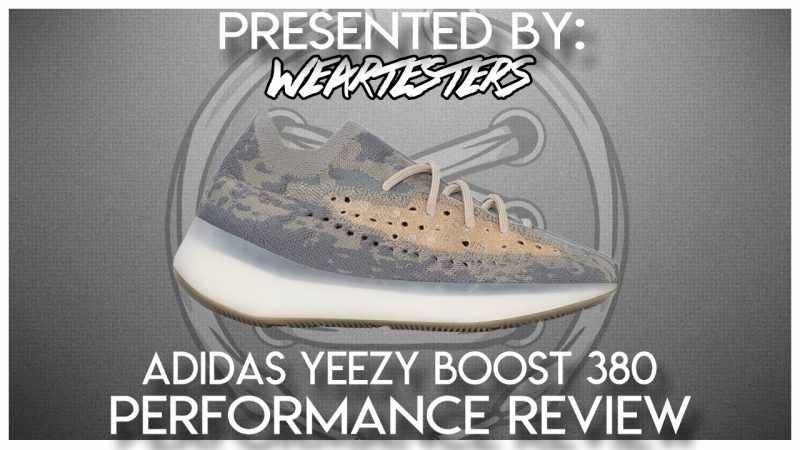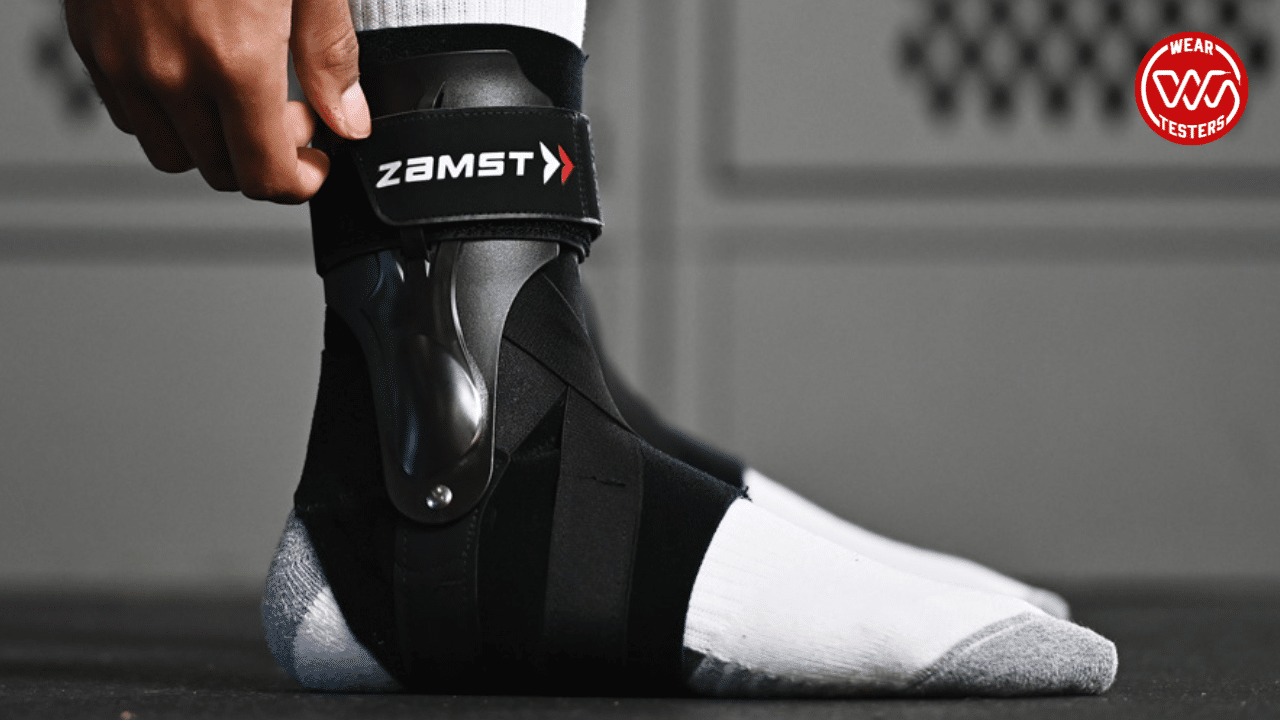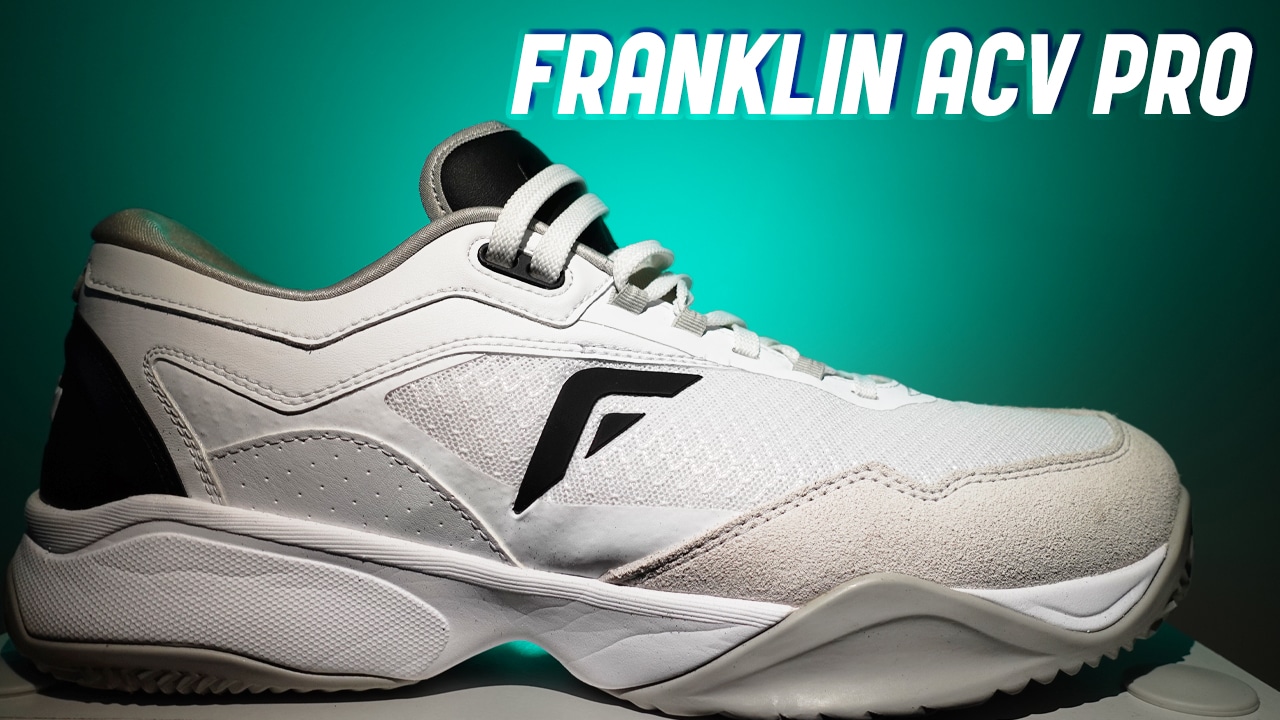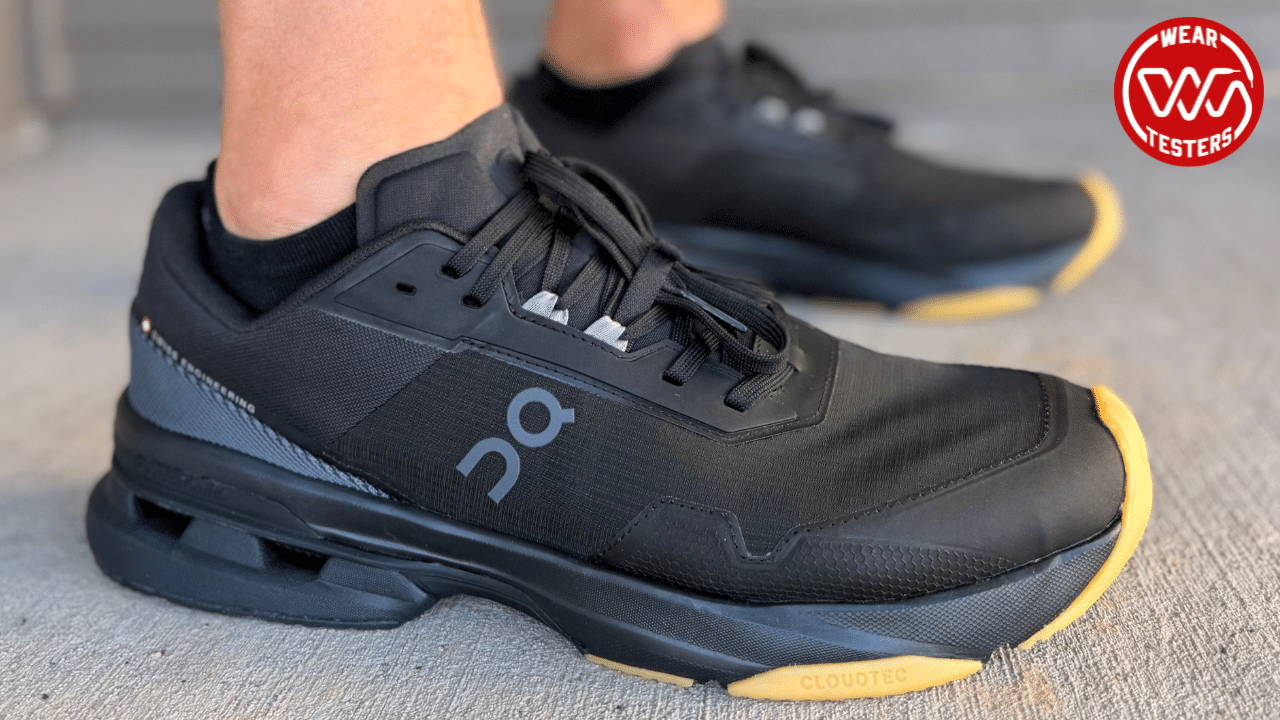Why did I decide to do a running review of the adidas Yeezy Boost 380? Because of the clickbait title that will attract a lot of readers? Ummm, no, of course not ?. It’s clearly because of the Boost/Primeknit combo and how great that combo works for other running shoes. Kanye may not intend the 380 to be a running shoe, but I’ll run in anything for clicks and internet notoriety to review it for our audience.
I run a lot of miles in a lot of shoes. Recently, I’ve posted reviews of the Brooks Glycerin 18, New Balance FuelCell TC, and the Nike Pegasus 37. I’ve also got plenty of experience testing Boost-cushioned running shoes. I’ve reviewed the adidas Ultraboost 20, adidas Pulseboost HD, and the adidas Futurecraft Loop. I put each shoe through speed workouts, trail runs, treadmill training, long runs, casual wear, and more. I’m qualified to judge whether the Yeezy Boost 380 works as a running shoe. And if you don’t agree with my conclusions…I’ll be absolutely heartbroken (not really). I suppose you can get back at me by trolling me on Twitter. Though be warned I will respond to your delusional tweet with a funny GIF that makes you even madder.
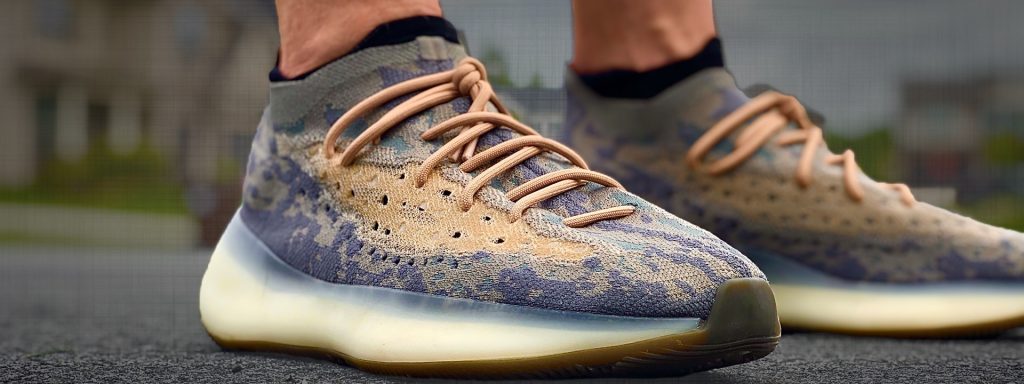
Pros
- Cushion. Boost! It’s got almost as much Boost as the Ultraboost 20. It’s not as bouncy as the UB20 because the Boost is caged and can’t expand laterally. While running, this mutes the forefoot bounce but there’s still plenty of cushioning. If you’re a heel striker you’ll love the plush landings.
- Knit upper. The mostly Primeknit upper is comfortable. The Primeknit is woven with splotches of plastic-y, fused thread that’s used for the color on the sides. That thread, along with some vinyl-ish material on the interior of the upper, gives the shoe it’s shape.
- Achilles pads. The heel comfort is fantastic due to three big pads that cup your achilles. There’s no heel counter so the achilles pads also give the heel its shape.
- Heel stability. You sit way down inside the midsole/sidewalls at the heel. You won’t slide off the footbed back there.
- Drop. The drop is likely in the 8-12mm range. That’s standard for most athletic shoes.
- Traction. The rubber outsole provides a ton of coverage with blade traction all over. The rubber used is tacky and performs well in wet conditions. The outsole is also thick enough to last a long time. I counted 17 cut outs where the Boost shows through and can expand. They’re necessary due to the sidewalls that cage the Boost midsole.
- Breathability. Pretty good for a lifestyle shoe. It has big air holes on both sides that let in a nice breeze while you’re running.
- Kanye’s Sunday Service. This has nothing to do with the shoes so go ahead and skip it if you’re here for a serious running review ?. I went to Kanye’s Sunday Service in Chicago at NBA Allstar weekend 2020. I’ve gone to church services at a bunch of different churches and Kanye’s version was both different and entertaining. I have no idea why Kanye decided to become a Pastor of sorts, but his approach of 95% music mixed with an impressive choir is a good one. Nobody likes endless sermons and Kanye proves you can do church with little to no sermonizing.
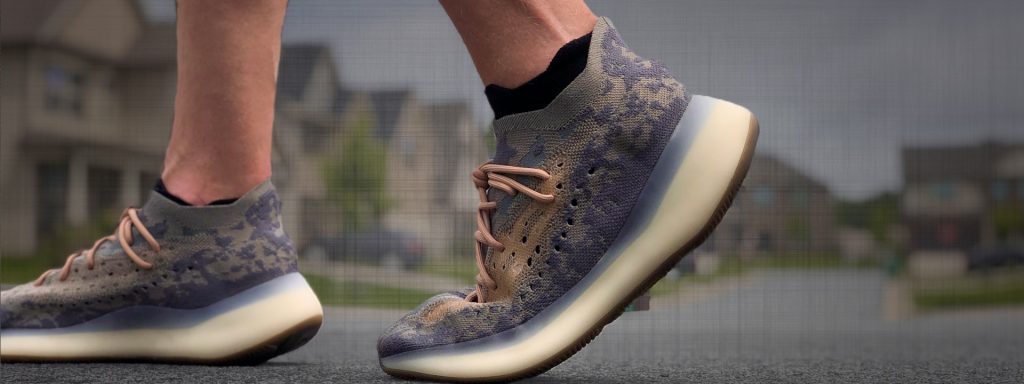
Cons
- Flexibility. The upper is not quite pliable enough for running. The seam down the middle of the upper doesn’t bend enough at the forefoot. You won’t want to run more than a few miles at a time in the Yeezy Boost 380.
- Sock-like upper. It’s a bit too unstructured to run in comfortably. I never felt secure enough to pick up the pace or take hard corners. My forefoot was always threatening to slide right off the footbed. The outsole does flare out in an outrigger type fashion on both the medial and lateral sides of the shoe but it’s not enough to prevent rollovers.
- Lacing. There’s no way to tighten them well. You’re sort of stuck with the fit. I found the best way to modulate fit was to wear thicker/thinner socks or to double sock. Not great.
- High rear collar. Just the height alone will bug some people. In particular, the seam at the back of the collar is bad design. It rests on the achilles and causes irritation. It’s a blister waiting to happen. You’ll need to wear socks that are as tall or taller than the height of the collar when running or walking.
- Insole. It’s thin and worthless.
- Sizing. Lengthwise, you’ll need to go a half size up. If you don’t, you won’t have enough room for running. Unfortunately for narrow footers, that means you get a little extra width alongside the length. If you’re wearing them casually it’s ok to go true to size.
- Price. $230 is too much. Only super shoes (running shoes with carbon fiber plates like the Nike Vaporfly Next%) are more expensive and many of them don’t even cost this much. The 380 doesn’t have any luxury materials. Just know you’re basically paying $50-70 extra to help pay for Kanye’s ranch in Wyoming.
- Ability to purchase. Buying Yeezys for retail takes a lot of patience and a lot of luck. You’ll most likely have to buy them at resale prices if you want them. That’s both annoying and ridiculous. I only got my pair because after complaining on Twitter about the release, the Lapstone & Hammer team tweeted at me that they still had sizes left.
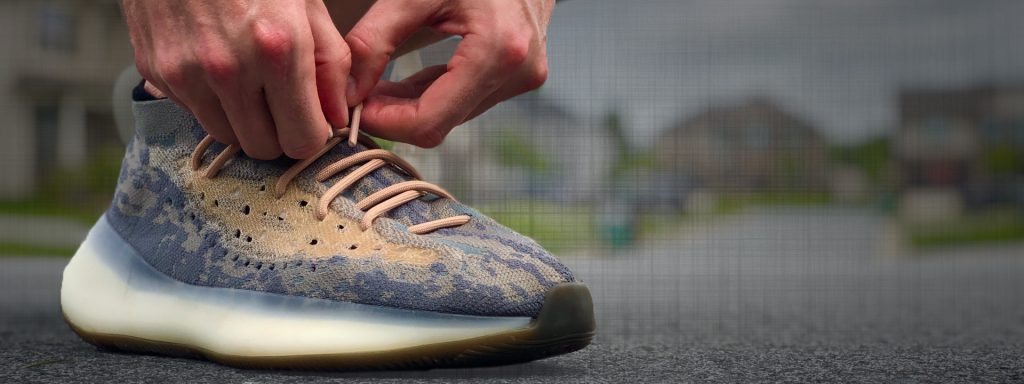
Overall
I ran in them, but the adidas Yeezy Boost 380 is not a running shoe. The lack of toe flexibility, the upper’s poor structure, a lacing system that doesn’t do much, and an irritating collar are too much to overcome. It’s a fun,comfortable casual shoe. But at $230 it’s only worth it if you’re really into sneakers and like the silhouette. If you want a real pair of running shoes, read our Running Shoes Reviews and find a better pair at almost half the price.
